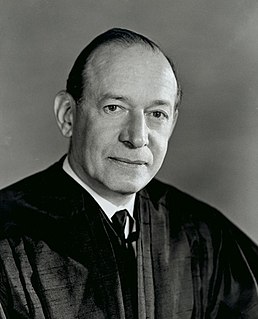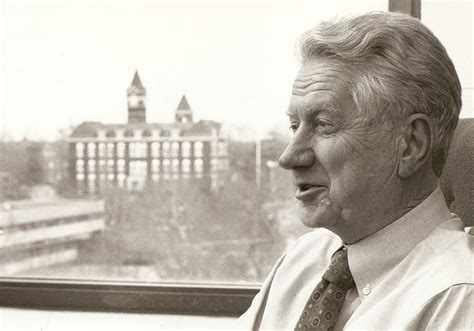A Quote by George W. Bush
I am committed to the First Amendment principles of religious freedom, tolerance, and diversity. Whether Mormon, Methodist, Jewish, or Muslim, Americans should be able to participate in their constitutional free exercise of religion. I do not think witchcraft is a religion, and I do not think it is in any way appropriate for the U.S. military to promote it.
Related Quotes
I would not, under any circumstances, try to impose my personal faith and belief on the rest of the country. I don't think that's right. I don't think that's appropriate. But freedom of religion doesn't mean freedom from religion. And I think that anything we can do to promote the idea that people should express their faith is a good thing.
The first phrase of the First Amendment spoke to the freedom uppermost in Jefferson's mind when it provided that, 'Congress shall make no law respecting an establishment of religion, or prohibiting the free exercise thereof.' Here a double guarantee could be found: first, that government would do nothing to give official endorsement to a religion or to set one faith above another; second, that government would do nothing to inhibit the freedom of religion.
I try to practice my religion in a very devout way and follow the teachings of my church in my own personal life, but I don't believe in America, a first amendment nation, where we don't raise any religion over the other, and we allow people to worship they please, that the doctrines of any religion should be mandated for everyone.
Religion should be subject to commonsense appraisal and rational review, as openly discussible as, say, politics, art and the weather. The First Amendment, we should recall, forbids Congress both from establishing laws designating a state religion and from abridging freedom of speech. There is no reason why we should shy away from speaking freely about religion, no reason why it should be thought impolite to debate it, especially when, as so often happens, religious folk bring it up on their own and try to impose it on others.






























